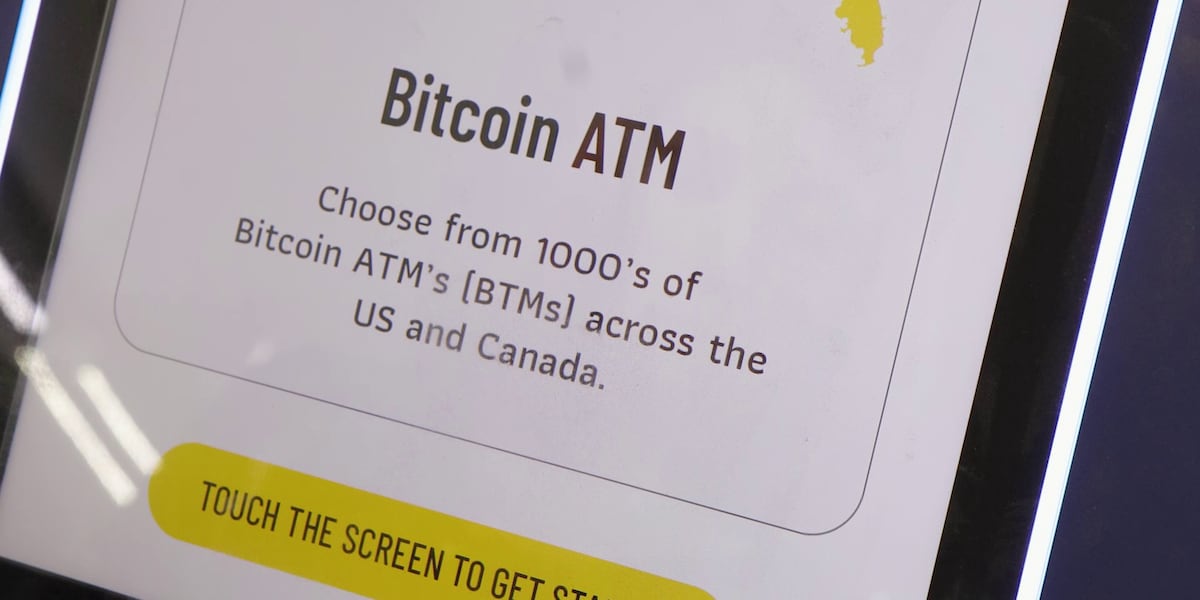Summary:
Warren Buffett holds a massive $325 billion cash reserve, raising speculation about potential investments.
Buffett has historically called Bitcoin "rat poison squared," but market changes may influence his views.
Investing 5% of Berkshire’s cash in Bitcoin could diversify their portfolio and hedge against inflation.
A $5 billion investment in Bitcoin from 2020 would be worth over $44 billion today.
Adopting Bitcoin could enhance Buffett’s legacy and show openness to innovative investment strategies.
Warren Buffett, the legendary investor and CEO of Berkshire Hathaway, has an extraordinary ability to generate high returns through capital allocation. With a staggering $325 billion cash reserve, speculation is rife about potential investments. Historically, Buffett has opposed Bitcoin, famously labeling it as "rat poison squared," but shifting market dynamics may influence his views.
Why Bitcoin Could Be on Buffett’s Radar
Imagine if Buffett decided to invest 5% of Berkshire’s cash—around $16 billion—into Bitcoin. Such a move could diversify their portfolio and serve as a hedge against inflation. The numbers are compelling; a hypothetical $5 billion investment in Bitcoin from 2020 would now be worth over $44 billion, showcasing its significant growth potential.
The Legacy Factor
Adopting Bitcoin could enhance Buffett's legacy, demonstrating a willingness to explore innovative investment strategies. In a market where cash yields little return, the time may be ripe for Buffett to reconsider his stance on Bitcoin.
The Bitcoin Paradigm Shift
Buffett’s traditional investment philosophy is under scrutiny as he contemplates the future. Bitcoin’s market capitalization has recently surpassed $1 trillion, and experts predict adoption will accelerate as institutional investors recognize its potential as a hedge against inflation and currency devaluation. Predictions suggest Bitcoin could reach $100,000 by 2025.
Key Features and Use Cases of Bitcoin
- Decentralization: Operates independently of central banks, making it a viable alternative in uncertain economic times.
- Programmable Money: With smart contracts, Bitcoin can facilitate complex transactions.
- International Transactions: Reduces barriers and costs in cross-border transactions.
Pros and Cons of Investing in Bitcoin
Pros:
- High Potential Returns: Significant profits, as illustrated by past investments.
- Inflation Hedge: Better wealth preservation compared to cash in a low-yield environment.
Cons:
- Volatility: Price fluctuations can pose risks for traditional investors.
- Regulatory Risks: Stricter regulations could impact Bitcoin’s long-term viability.
Insights and Innovations in the Crypto Space
Companies are increasingly integrating Bitcoin into their balance sheets, adding legitimacy to the cryptocurrency. Notably, Tesla’s brief acceptance of Bitcoin as payment highlighted corporate interest. Additionally, decentralized finance (DeFi) applications continue to evolve, offering innovative uses for Bitcoin.
Security Considerations
While Bitcoin transactions are secure, the risk of hacking remains. Investors should employ secure wallets and practices to protect their assets. The environmental impact of Bitcoin mining is also a hot topic, raising sustainability concerns.
Key Questions and Answers
- Could Berkshire Hathaway benefit from investing in Bitcoin? Yes, it could enhance diversification and returns in a low interest rate environment.
- What would be the implications of Buffett endorsing Bitcoin? His endorsement could legitimize the cryptocurrency market, attracting traditional investors.
- How can investors mitigate risks associated with Bitcoin? Utilize secure wallets, stay informed on regulations, and diversify portfolios to manage volatility risks.







Comments